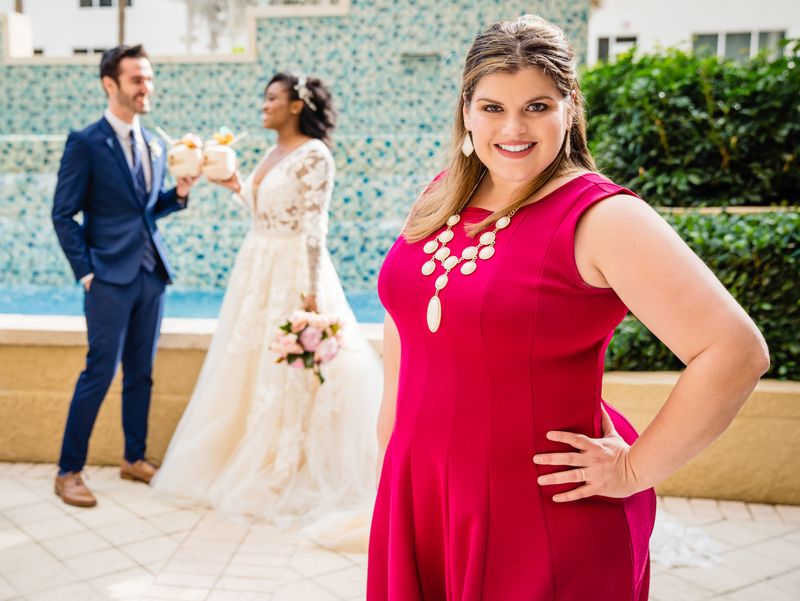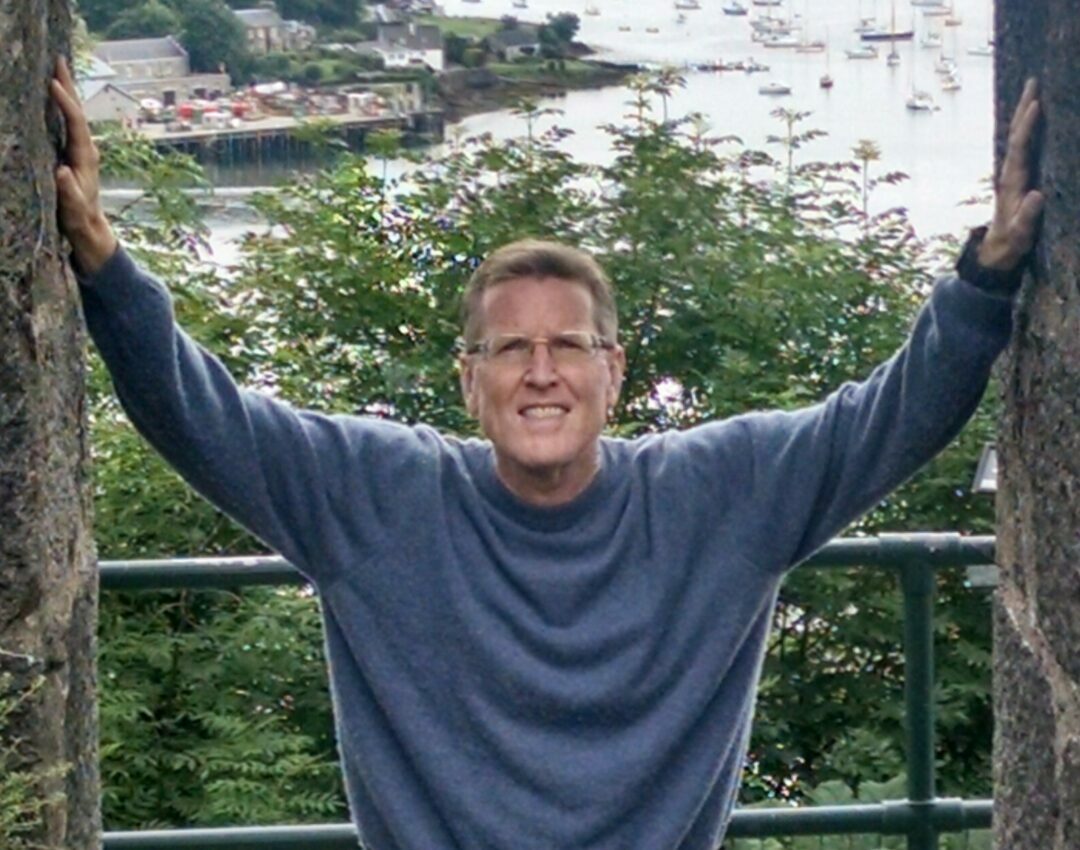We were lucky to catch up with Ami Becker Aronson recently and have shared our conversation below.
Ami, we’ve been so fortunate to work with so many incredible folks and one common thread we have seen is that those who have built amazing lives for themselves are also often the folks who are most generous. Where do you think your generosity comes from?
Ever since I was a little girl, giving back has been a core value to not just myself but my entire family. I grew up volunteering at local animal shelters, serving on the AIDS ward at the San Francisco General Hospital, and working with guide dogs for the blind. My parents mandated that I must leave this world better than how I found it. Of course, my grandparents were also active in their respective communities whether in Temple or the community. I was exposed constantly to the act of giving; my father’s parents would drive veterans to baseball games and serve meals. My mother’s parents would do kitchen philanthropy and donate food, serve, or financially contribute. My grandfather was famous for saying “Give 17 ounces to the pound” – meaning to say, give more than what is expected, and give when no one is watching. That saying helps me remember that doing just one bit more makes a world of difference.
Appreciate the insights and wisdom. Before we dig deeper and ask you about the skills that matter and more, maybe you can tell our readers about yourself?
I grew up in Northern California. I remember as a little girl I would lie upside down and ask “What would life be like if we were upside down?” That mindset, curiosity, and deep inquiry is what drives me today to launch my Feminine Design Strategy. It is a whole new approach to solving problems based on feminine values. I started to incubate this subject when I attended graduate school in Amsterdam at the THNK School for Global Creative Leadership. It was a poetic time to shuffle my professional deck from 18 years in global health and 10 years in family philanthropy.
I started my career in the world focused on global women’s health, mostly HIV/AIDS, with commercial sex workers. I was on the front lines in villages, streets, and refugee camps. I have worked for government agencies, institutions, and agencies for both public and private sectors on a global, national, regional, and local level.
When I moved back to America, I had the opportunity to manage my family’s private foundation. I never imagined doing philanthropy, but an incredible opportunity to deploy capital in Washington DC and Israel and invest in people and ideas. However, I was supporting the patriarchy. Although my grandfather was my once-in-a-lifetime father figure, I also could see the imbalance in our portfolio. Decisions were being made using more traditional constructs of investing from the top down vs the bottom up. I realize that money doesn’t solve problems – people do; yet we needed to reframe the entire portfolio by asking the right questions, actively listening to our community, and reframing the solutions based on feminine values.
Changing long-established systems is not a quick fix, but rather an expansive opportunity to responsibly disrupt the system. I love to reimagine the future and align unexpected partners, creatives, business leaders, funders, and key decision-makers. I love to consciously curate convening to bring to light some of the biggest issues of our times from American democracy, the power of civic art, social impact, gender parity, human rights, and reproductive health. I am looking for co-creators and partners to dream forward. The world needs us to dream forward in bold audacious ways.
If you had to pick three qualities that are most important to develop, which three would you say matter most?
We are all born with a superpower. If you can align your innate skills with your technical training and deep passion- you are going to go far in life. The more we are in alignment and integrity with ourselves and the world around us – the more impact we can have in the world – no matter whether you touch one person’s life, or change an entire nation.
Be bold and take risks. Life is unpredictable and we live in a complex ever changing world. The more adaptive and resourceful we are the better. We must continue to challenge how we show up in the world and take risks. I call it responsible disruption. It may not be popular or mainstream, but the more we lean into the discomfort the better we can test ourselves and each other.
Know yourself and build a community that has diverse creative thinkers around you. When I went back to graduate school in a foreign country in my 5th decade – I was surrounded by 33 people from 21 countries ranging from 30 to 65 years of experience from all industries and sectors. We bio-hacked ourselves and spent days in improvisation. It is important to be stretched and challenged to help us level up our own operating systems so we can better serve the world.
Life is a gift and we must leave this world a better place than we found it.
Alright, so before we go we want to ask you to take a moment to reflect and share what you think you would do if you somehow knew you only had a decade of life left?
I no longer believe that the patriarchy should remain in perpetuity. Rather I believe in the imagination of impermanence. The challenge we face, particularly in philanthropy, is that many initiatives or programs are driven by ego. There is a need to endure through generations and centuries. There is power in legacy, but the more we can get out of the shadows of static thinking and traditional investments – the more we can reimagine how we support what’s emerging. A new ecosystem that requires expansive, unchartered and audacious thinking. If covid has taught us anything – we are all interconnected. The more we get out of our silos the better. We don’t live in a single-issue society rather we are made of intricate complicated webs. For example, our foundation spent 7 decades supporting 3 verticals – American democracy, arts and culture, and Jewish leadership. After our founder passed 15 years ago, we fulfilled his promise to support his areas of interest. We have decided to spend down and go to zero by 2030. I am encouraging our family to invest in the intersection of arts, democracy, and leadership. We need courage, bravery, and imagination to meet the needs of our communities and world. It is not an easy decision but we can focus on responsive philanthropy in Ukraine and Israel. We plan to devote our attention to increasing positive visibility in the 250th anniversary of America in 2026. There is a huge opportunity to honor our founder and his spirit by going big and being bold at this moment. That is the imagination of impermanence. I welcome other thought leaders who are willing to dream out loud and touch hearts and minds at this moment.
Contact Info:
- Website: www.bffdc.org
- Instagram: amibeckeraronson
- Facebook: amibeckeraronson
- Linkedin: amibeckeraronson






Image Credits
Laura Grier Ben Von Wong




